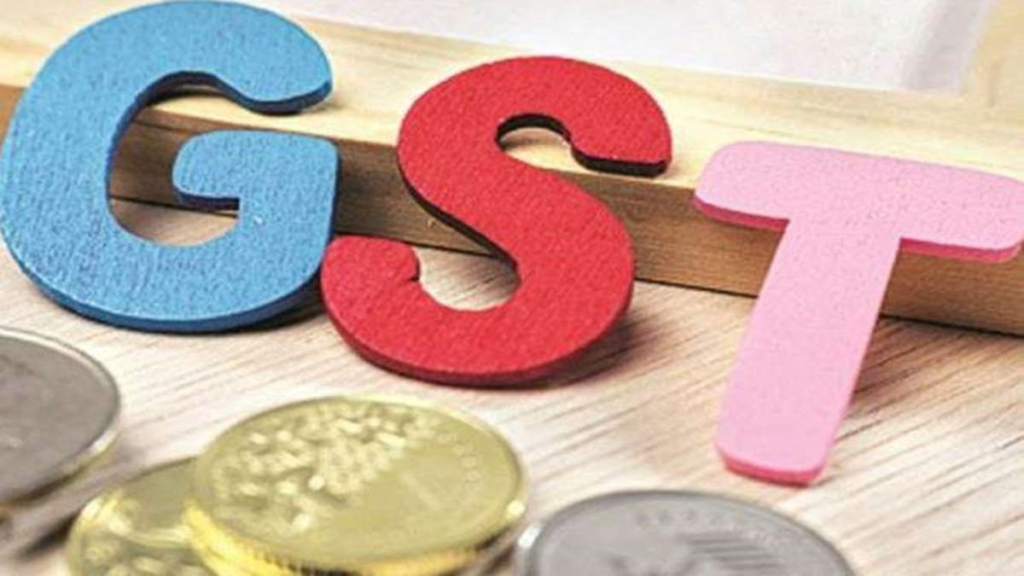The ruling by the Tamil Nadu AAR is in line with similar decisions by the Karnataka and Maharashtra AAR in the past.
Services provided by employees of a company’s branch office to the head office and vice versa will attract goods and services tax (GST) at the rate of 18% if the two are in different states, the Authority for Advance Ruling (AAR) has said. The ruling could lead to more litigations and also increase the compliance burden for companies, according to experts.
The ruling by the Tamil Nadu AAR comes in the case of Profisolutions, which has a branch office in Chennai that provides service through its employees to the registered head office in Bengaluru. The company had approached the AAR on whether services provided to the head office by the branch office would attract GST.
The Chennai branch office, which is registered in Tamil Nadu for GST, provides support services like engineering, design and accounting services to the Bengaluru head office. The latter is registered in Karnataka under the GST Act.
Profisolutions had submitted that its employees are appointed and working for the company as a whole, and not employed for the head office or branch office specifically, but had recognised that the branch and head office are distinct entities under GST.
The AAR, however, noted that under the GST law, supply of services between two registrations of the same person in the same state or in different states attract tax. “Services, including services of common employees of a person, provided by branch office to head office and vice versa, each having separate GST registration, will attract GST liability,” the AAR held.
The ruling by the Tamil Nadu AAR is in line with similar decisions by the Karnataka and Maharashtra AAR in the past. Experts, however, said that this latest ruling would further complicate the existing debate and open another Pandora’s box on taxability of intra-company services.
Abhishek Jain, national head, indirect taxes, KPMG, said, “The ruling upholds identification of common human resources, and there being a provision of intra-entity services, accordingly, by these common resources,” he said, adding that such identification itself would be a challenge for companies and could open a new series of litigation on services from branch offices to the head office as well.
Ankur Gupta, practice leader, indirect tax, SW India, said that while cross-charging among branch offices and head offices has been a contentious issue since GST was introduced, most companies have made a process to cross-charge common expenses except for the salary cost of employees. “There are already challenges in the valuations of such services as there is no prescribed methodology,” he said, adding that the ruling could lead to a new set of litigations if authorities start to demand GST on employee costs, as there are already diverse rulings on this matter.
The issue would be a major setback for sectors where availment of credit is restricted, as it would lead to more GST payments.

Source:financialexpress.com


